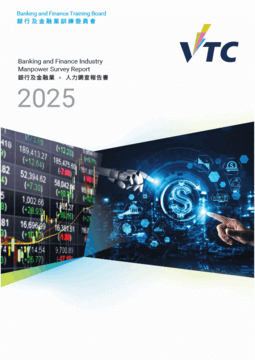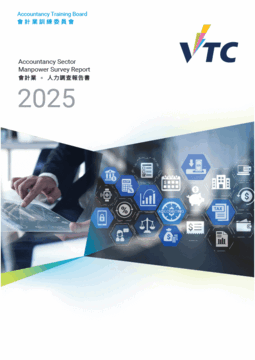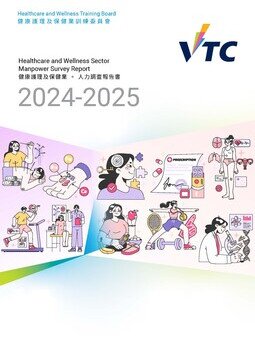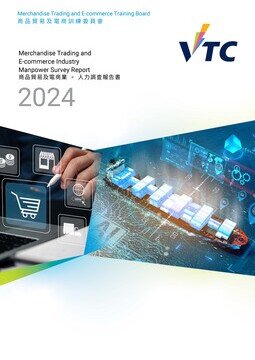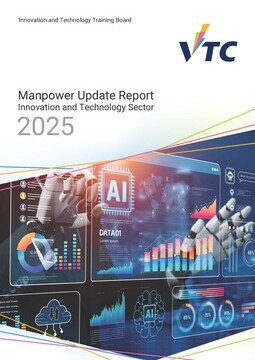Business Outlook
Hong Kong has demonstrated significant resilience and leadership in the global financial landscape, maintaining its position as the world’s third-ranked international financial centre in the Global Financial Centres Index (GFCI 37). This standing is supported by its strong performance in human capital, infrastructure, and financial sector development, as well as recognition from the International Monetary Fund (IMF), which has commended the city’s robust economic recovery, well-capitalised banking sector, and effective regulatory oversight. Bolstered by a vibrant stock market and a resurgence in Initial Public Offering (IPO) activity, with fundraising surging over 200% year-on-year in the first ten months of 2025, Hong Kong is poised to reclaim its status as the world’s top IPO hub by year-end.
The city’s financial trajectory is deeply intertwined with national strategies, including the 14th and upcoming 15th Five-Year Plans, which reinforce Hong Kong’s roles as an international financial centre, the premier offshore Renminbi (RMB) hub, and an emerging risk management centre. The expansion of cross-border Connect schemes and RMB internationalisation is driving demand for a specialised workforce proficient in areas such as RMB product structuring, cross-border compliance, fintech, and sustainable finance, highlighting the need for proactive talent development.
Hong Kong’s banking sector is undergoing a strategic digital transformation guided by the Hong Kong Monetary Authority (HKMA) “Fintech 2025” strategy. The “All Banks Go Fintech” initiative and competition from virtual banks are accelerating the integration of technologies such as cloud computing, open APIs, and advanced mobile platforms. This shift is reshaping talent demand, increasing needs for expertise in data analytics, AI, and digital channel management, while reducing reliance on manual and routine operational roles.
In parallel, Hong Kong is establishing a regulated digital asset ecosystem, with progressive licensing frameworks for virtual asset trading, custody, and proposed extensions to advisory and management services. Advances in tokenisation—applied to green bonds, real-world assets, and funds—are enhancing liquidity and transparency. This evolution is creating urgent demand for professionals in blockchain development, digital asset compliance, tokenisation architecture, and cybersecurity, amid intense global competition for such talent.
Furthermore, heightened regulatory expectations in areas such as cyber resilience, fraud management, and Anti-Money Laundering Checks (AML)/ Counter-Financing of Terrorism (CFT) controls are increasing demand for specialised compliance, risk management, and RegTech talent. Initiatives like the Industry Project Masters Network (IPMN) and the Fintech Career Accelerator Scheme (FCAS) aim to develop these capabilities, ensuring the workforce can navigate evolving risks and sustain Hong Kong’s competitive edge as a leading financial centre.



